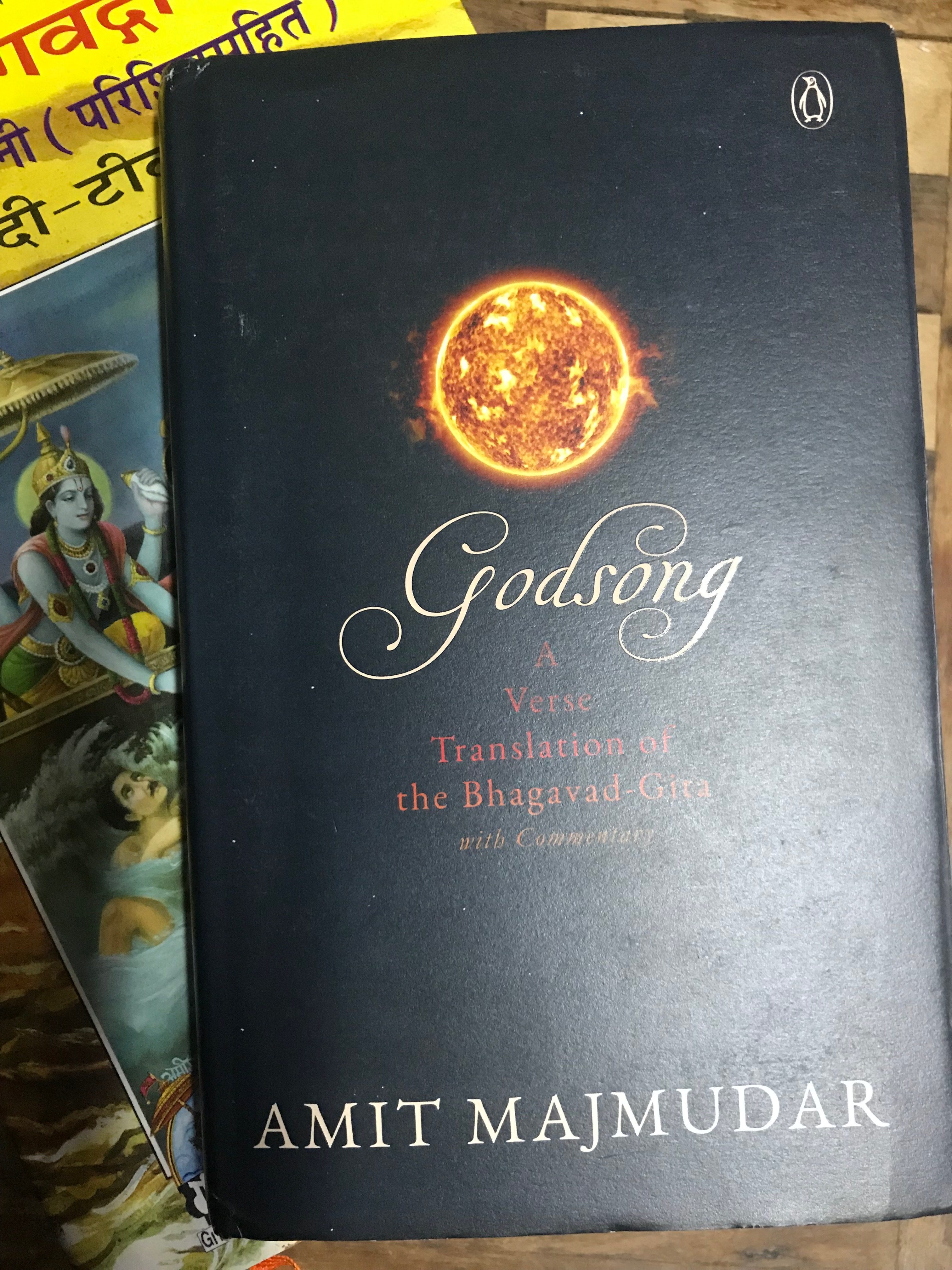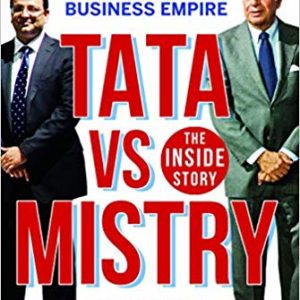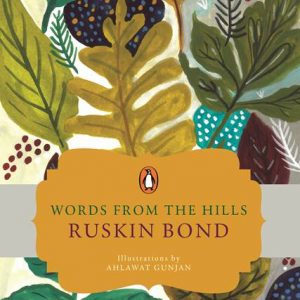There comes a time in the lives of men when they seek answers to existential questions, looking out to understanding the nature of truth. But this is seldom an easy task. Sometimes one may find answers in existing philosophical schools of thought or established religion. Sometimes, one draws from different streams and arrives at what appeals most to the self. For acclaimed writer and poet, Amit Majmudar, the Bhagavad-Gita holds eternal truths and answers. He writes, “The song of multiplicities, the Bhagavad-Gita, is my truth,”. Godsong is born of one such personal quest.
Majmudar, a diagnostic nuclear radiologist, may not appear to be the ‘stereotypical’ spiritually inclined person a general reader may assume he is. But, his command and understanding of the nuances of our rich mythological and spiritual literature, coupled with his poetic prowess, make his works stand out. For him, the Gita is the greatest poem on friendship. As the reader reads the translation he is aware of the fact that he is doing so through Majmudar’s eyes. His passion for the text is commendable. He is not too religious and hence the all-consuming passion of translation of such a great text points to the need to seek something meaningful.
The commentary that precedes the actual translation of the Gita puts the translation in context from Majmudar’s point of view. It underlines the themes from the Gita and how the author sees them in the modern context. I found this section interesting since the author gives a very personal account of his interpretation of the broad themes purported in the Gita.
There is a description of the meanings of words that form an important part of the translations and that may not necessarily have an English equivalent that communicate their meaning effectively. For example, he has expanded the meaning of words such as guna, Maya, yoga and so on. I like the references and the connections that he makes to other schools of thoughts, including Freud’s psychoanalysis!
The translations are divided into 18 sessions. Each session has a brief prose introduction that explains in short, the scenario and context. At the end of the book, there is a commentary or a ‘listener’s guide’ for each of these sessions. I would suggest reading the commentary of a specific session soon after reading the translation of that session. It places the translation into context. These commentaries have interesting nuggets right from information that evokes the setting of the battlefield to the author’s comments and reasoning about his interpretations of the Gita. In effect, one feels that one is conversing with a fellow admirer of the Gita and understanding and appreciating the text together.
The poetic translations themselves are a feat well-achieved. Majmudar is not new to the poetic landscape. He has published two poetry collections and mythology is an underlying inspiration. His verse craft adds to the beauty of this translation. But, in my opinion, what really resonates with the reader is the fact that Majmudar speaks the common language and lives in a sense in the common world- a regular guy with a job, but one who has an intense passion for the Gita, and one who has built a solid reputation as a writer and a poet. This makes Godsong a very accessible book.
I recall a time in my youth, when a wise aged acquaintance gifted me a copy of the Bhagavad-Gita. He advised me to read it bit by bit, and again and again, for my entire lifetime. “You may still derive different meanings out of it at different times,” he said. Godsong is also one such worthy translation that will surely be a timeless addition to your library! The reader can return to it time and again, dipping into the wisdom it contains.
Title: Godsong
Author: Amit Majmudar
Publisher: Penguin
Genre: Poetry
BOOKS BY AMIT MAJMUDAR











